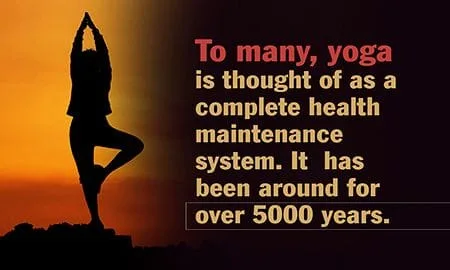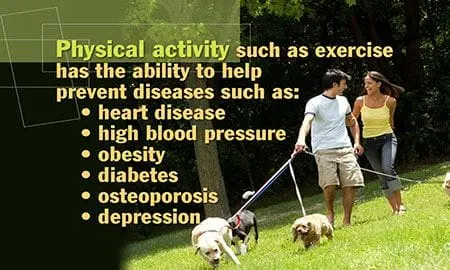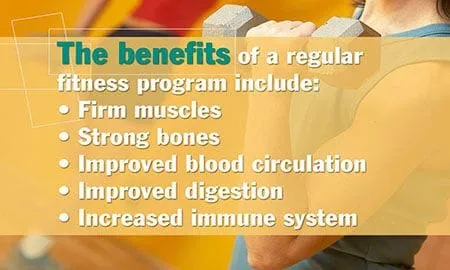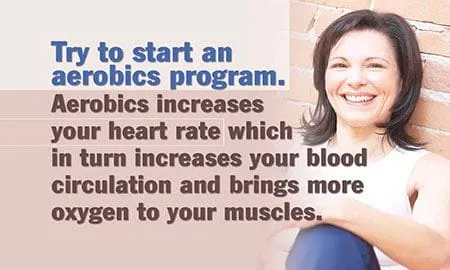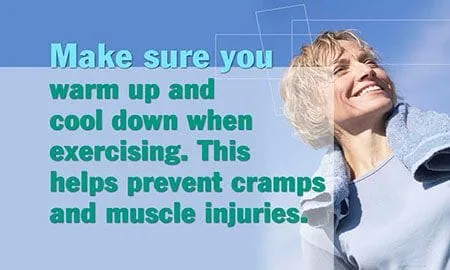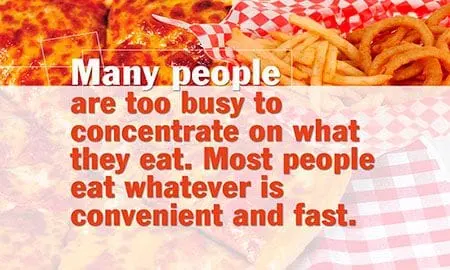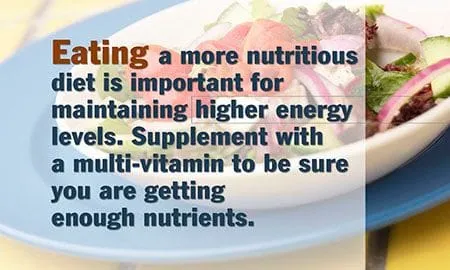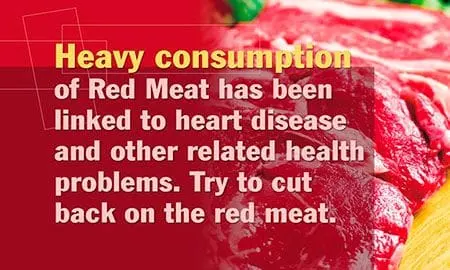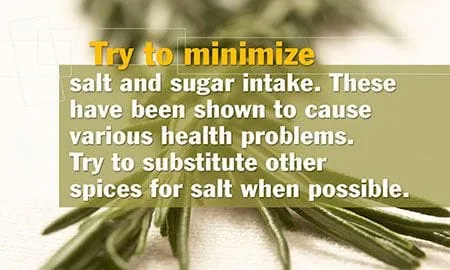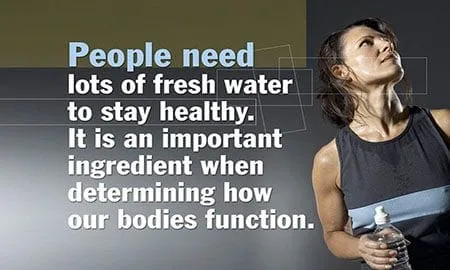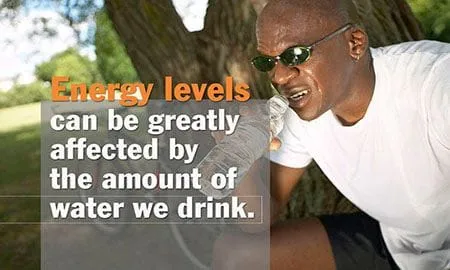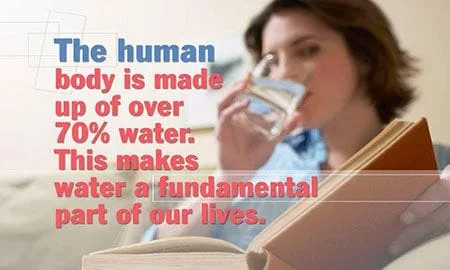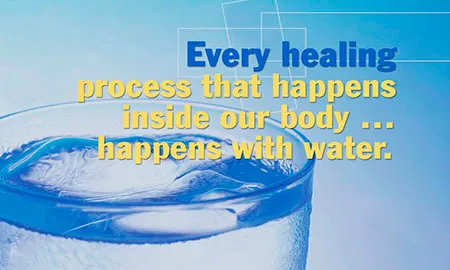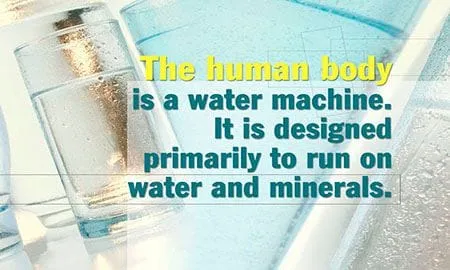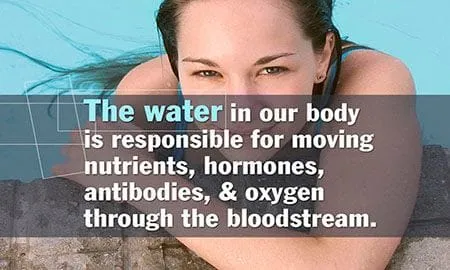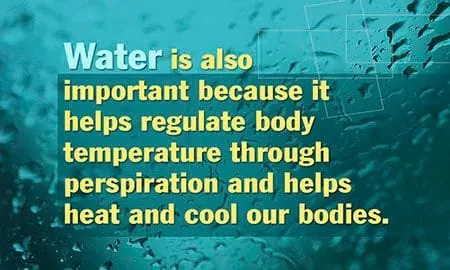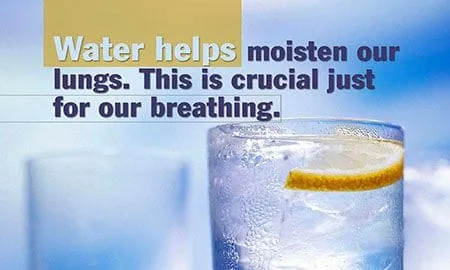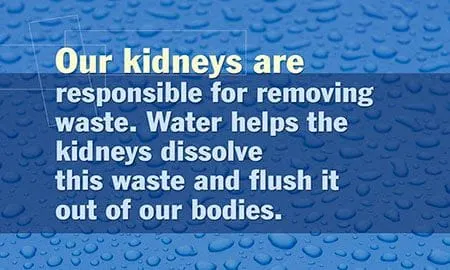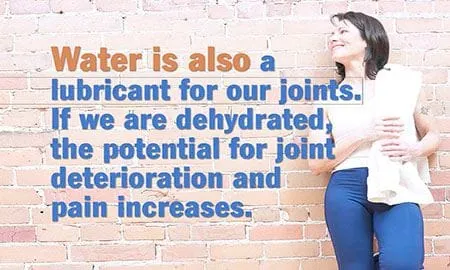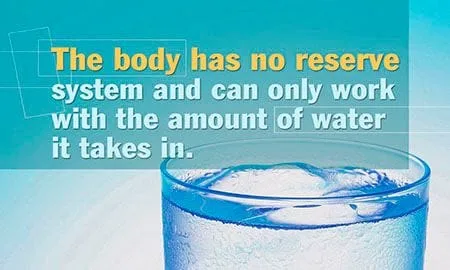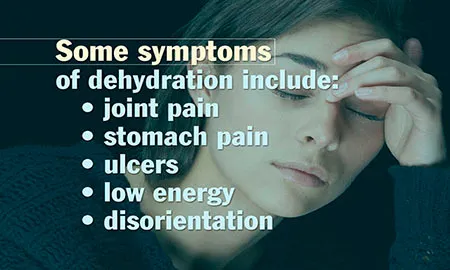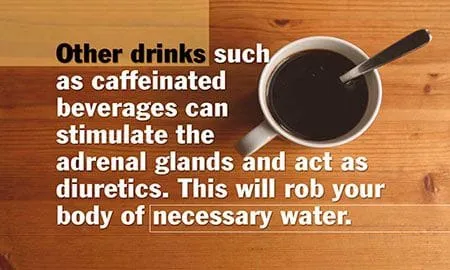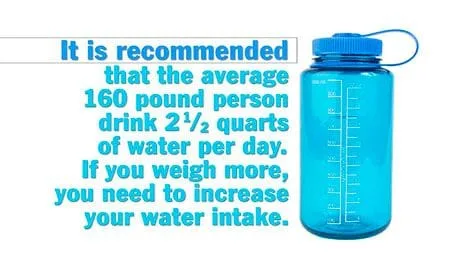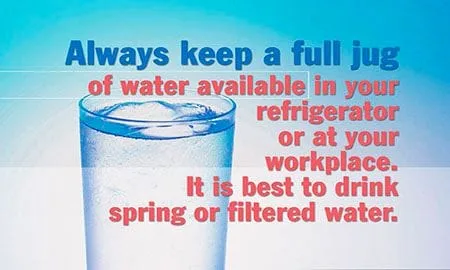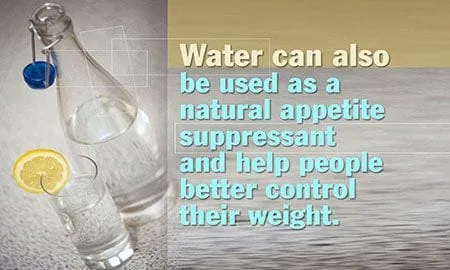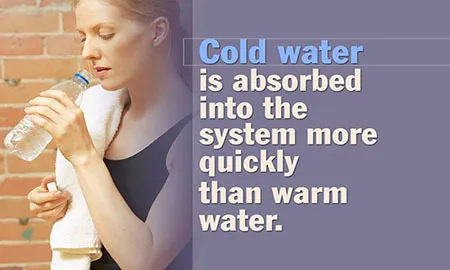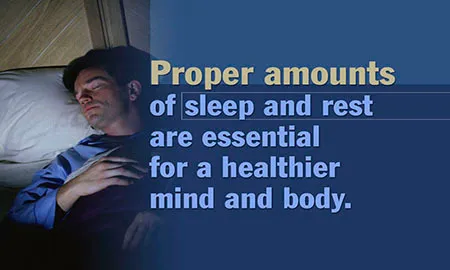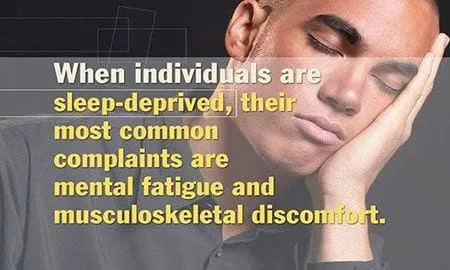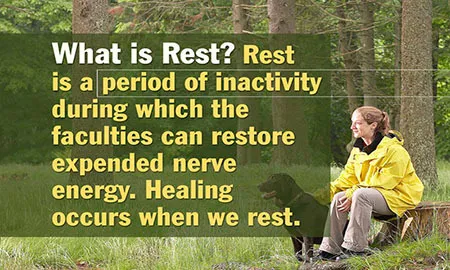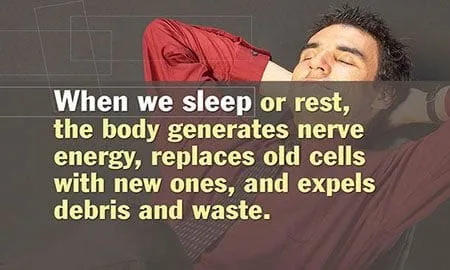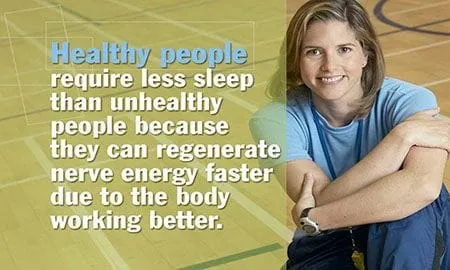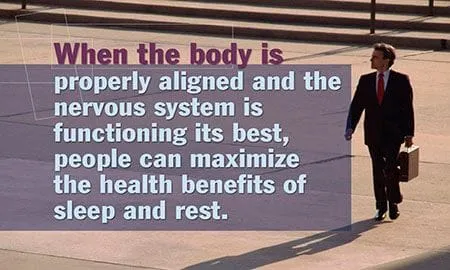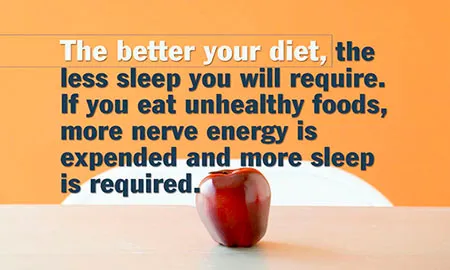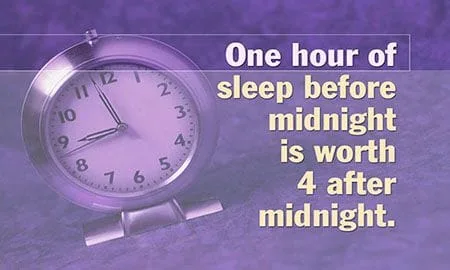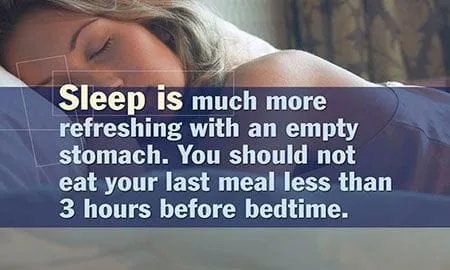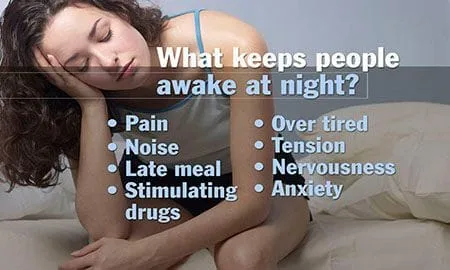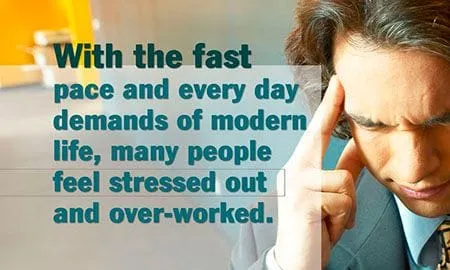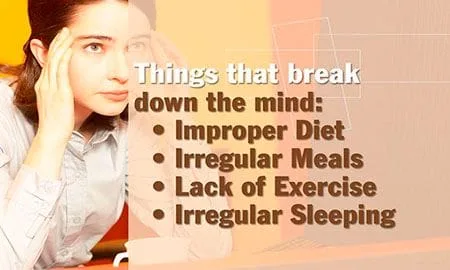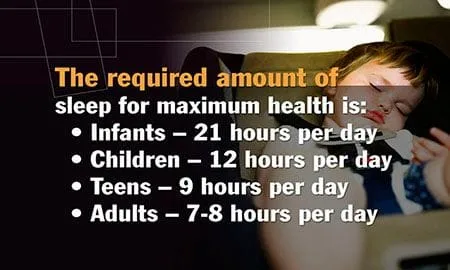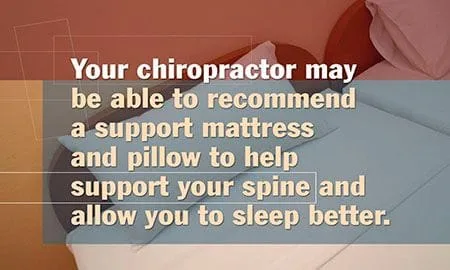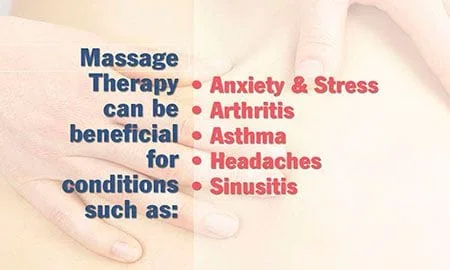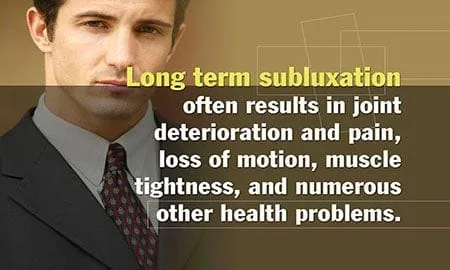What is SIBO?
SMALL
INTESTINE
BACTERIAL
OVERGROWTH
Normally, bacteria are found in the trillions in the LARGE INTESTINE, where they perform various symbiotic functions for the human body.
SIBO is a condition where bacterial overgrowth occurs in the absorptive area of the body the SMALL INTESTINE.
Watch our short, informative video
SYMPTOMS & CAUSES
Symptoms of SIBO can include:
- Diarrhoea
- Constipation
- Alternating constipation and diarrhoea
- Abdominal cramping
- Bloating and/or wind
- Burping and Acid Reflux/GORD
- Food sensitivities
- Joint pain
- Skin rashes
- Iron and B12 deficiency
- Respiratory symptoms such as asthma
SIBO can occur when:
The ileocecal valve (which connects the large and the small intestine) is dysfunctional, allowing large intestinal bacteria to migrate upwards into the small intestine, where they wreak havoc.
The normal cleansing wave of the small intestine is disrupted, or stopped. This cleansing wave is called the Migrating Motor Complex (MMS), and occurs approximately every 90 minutes, typically between meals. The function of the MMC is to wash out accumulated bacteria and propel them toward the colon. The MMC is not related to the peristaltic waves of the large intestines.
The result is bacteria are allowed to grow and proliferate throughout the small intestine (a little over 6 meters in length).
How does SIBO affect you?
SIBO causes damage to the absorptive surface of the small intestine - the ability of the body to absorb nutrients from food.
The absorptive surface of the small intestine is likened to a shaggy carpet, with finger-like protrusions called villi. The surface of the villi contain microvilli, which act as the interface of absorption—microvilli secrete enzymes called “brush border enzymes” which break starches into single molecules and proteins into single amino acids, so these can be absorbed.
Small Intestine - absorbing nutrients from food

SIBO can result in:
- Malabsorption of monosaccharides and amino acids (carbohydrates and proteins)
- Fermentation of disaccharides by bacteria causing hydrogen, methane and hydrogen sulphate gasses
- These gasses themselves are damaging to the gut wall
- Malabsorption of vitamins (especially B12 and Folic acid)
- Malabsorption of minerals (especially, magnesium, iron, and calcium SIBO can cause leaky gut, with a damaged gut wall allowing larger particles to pass through, causing an immune response
Causes of SIBO:
- Post infectious: a case of gastroenteritis can often be the “heralding event” for the development of SIBO
- Overconsumption of simple carbohydrates
- Medications: proton pump inhibitors, morphine and other opiates, narcotics, possibly beta agonists and calcium channel blockers
- Stress: chronic stress can decrease stomach acid output (hypochlorhydria).
- Normal stomach acid levels are required to kill bacteria
- Stress also causes changes in the motility of the small intestines, causing a pooling and stagnation which allows for bacterial overgrowth
- Altered anatomy: malformation of the ileocecal valve, surgical intervention causing scarring and adhesions altering the normal anatomy of the small intestines
- Initial colonization of bad bacteria: caesarean birth, no breast feeding
Associated conditions:
- Fibromyalgia and Chronic Fatigue Syndrome – especially associated with diarrhoea dominant SIBO
- Chronic constipation – associated with methane-dominant SIBO
- Irritable bowel syndrome (IBS)
- Inflammatory Bowel disease (Crohn’s disease and ulcerative colitis)
- Acid reflux
- Coeliac disease
- Interstitial Cystitis
- Restless leg syndrome
- Acne Rosacea
- Diabetes
- Hypothyroidism
- Scleroderma
- Chronic Prostatitis
- Non-Alcoholic Steatohepatosis (NASH)
- Liver cirrhosis
- Diverticulitis






